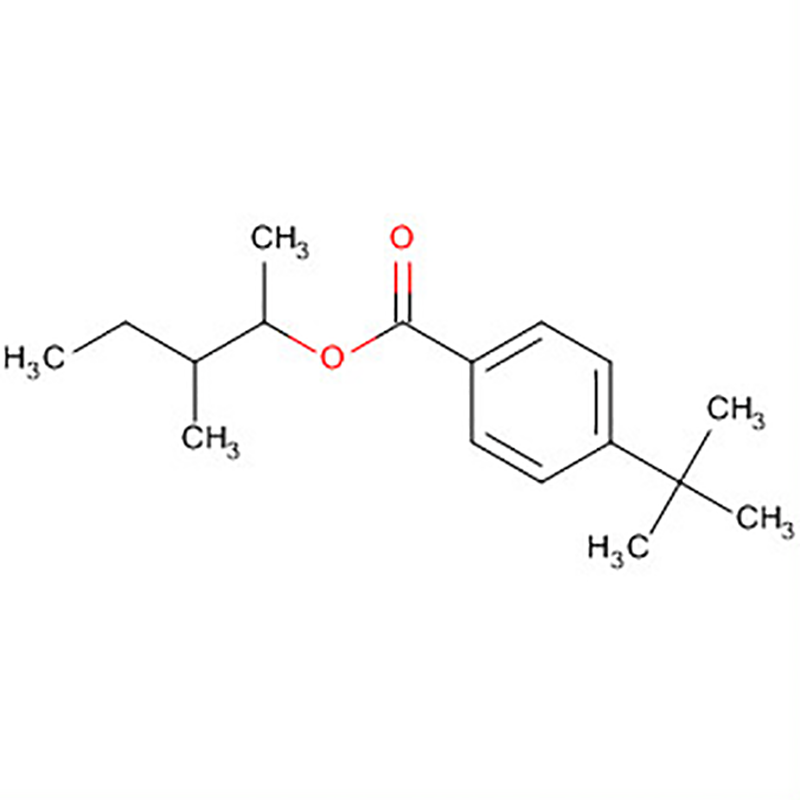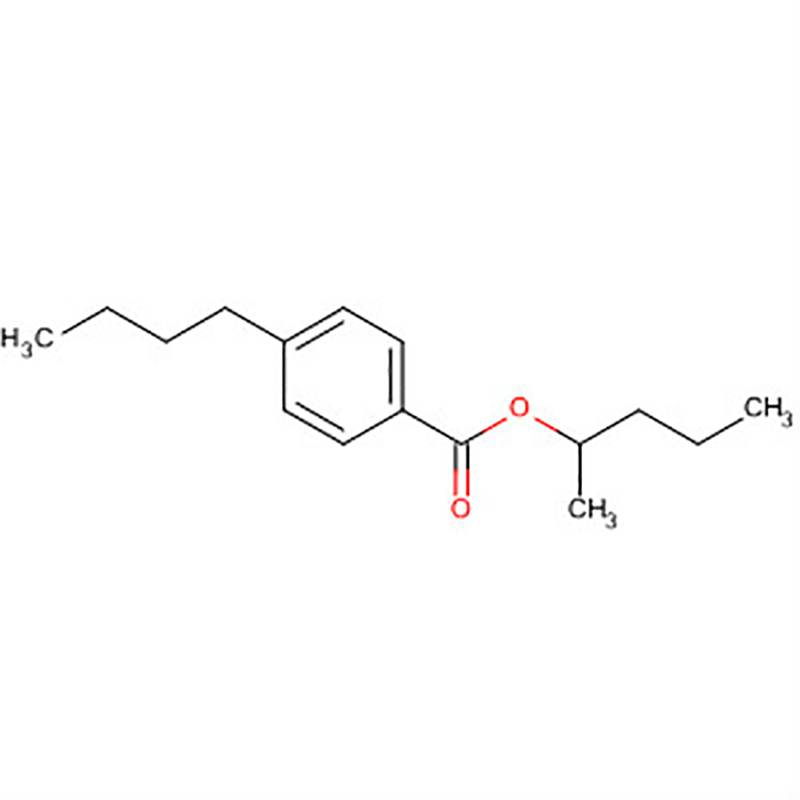-
Categories
-
Pharmaceutical Intermediates
-
Active Pharmaceutical Ingredients
-
Food Additives
- Industrial Coatings
- Agrochemicals
- Dyes and Pigments
- Surfactant
- Flavors and Fragrances
- Chemical Reagents
- Catalyst and Auxiliary
- Natural Products
- Inorganic Chemistry
-
Organic Chemistry
-
Biochemical Engineering
- Analytical Chemistry
-
Cosmetic Ingredient
- Water Treatment Chemical
-
Pharmaceutical Intermediates
Promotion
ECHEMI Mall
Wholesale
Weekly Price
Exhibition
News
-
Trade Service
2(1H)-Pyrimidinethione, 4-methyl-, hydrochloride (1:1), also known as 4-methyl-2(1H)-pyrimidinethione hydrochloride, is a compound that has several applications in the chemical industry.
This compound is synthesized by treating 2(1H)-pyrimidinethione with a methylating agent, such as methyl iodide or dimethyl sulfate, followed by hydrochlorination.
One of the most important applications of 4-methyl-2(1H)-pyrimidinethione hydrochloride is as a catalyst in the production of polyethylene terephthalate (PET).
PET is a widely used polymer in the production of plastic bottles and other packaging materials.
The use of 4-methyl-2(1H)-pyrimidinethione hydrochloride as a catalyst improves the efficiency of the polymerization process, resulting in a higher yield of PET.
4-methyl-2(1H)-pyrimidinethione hydrochloride is also used as a catalyst in the production of polypropylene (PP).
PP is a thermoplastic polymer that is widely used in the manufacturing of a variety of products, including plastic containers, carpets, and textiles.
The use of 4-methyl-2(1H)-pyrimidinethione hydrochloride as a catalyst improves the efficiency of the polymerization process, resulting in a higher yield of PP.
Another application of 4-methyl-2(1H)-pyrimidinethione hydrochloride is in the production of dyes.
The compound is used as a catalyst in the production of disperse dyes, which are used to dye a wide range of textiles, including cotton, silk, and wool.
The use of 4-methyl-2(1H)-pyrimidinethione hydrochloride as a catalyst improves the efficiency of the dyeing process, resulting in a higher yield of dye.
4-methyl-2(1H)-pyrimidinethione hydrochloride is also used in the production of agricultural chemicals.
The compound is used as a catalyst in the production of glyphosate, a widely used herbicide.
The use of 4-methyl-2(1H)-pyrimidinethione hydrochloride as a catalyst improves the efficiency of the production process, resulting in a higher yield of glyphosate.
In addition to these applications, 4-methyl-2(1H)-pyrimidinethione hydrochloride has also been used in the production of other chemicals, including pharmaceuticals, fragrances, and flavorings.
In conclusion, 2(1H)-Pyrimidinethione, 4-methyl-, hydrochloride (1:1) is an important compound in the chemical industry, with several applications in the production of polymers, dyes, agricultural chemicals, and other chemicals.
Its use as a catalyst in these processes improves the efficiency of the production process, resulting in a higher yield of the desired product.







